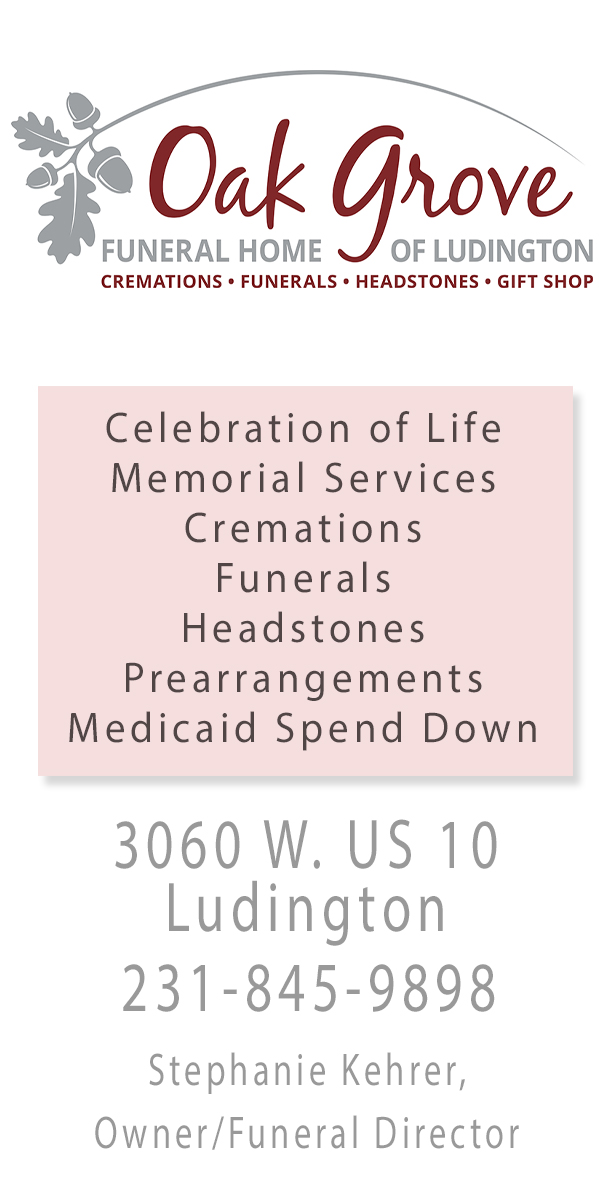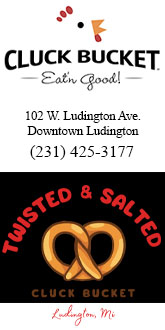 The Business Plan
The Business Plan
“The Business Plan” is a partnership between the Ludington & Scottville Area Chamber of Commerce and Mason County Press.
By Matt Larson. Business Development Consultant. Ludington & Scottville Area Chamber of Commerce.
See Part 1, posted Nov. 19, 2013, here.
Now that you have researched your business idea and are confident in its execution it is time to surround yourself with a solid support system. Everyone needs good advice when starting and running a small business, even those who have done it before. And it has nothing to do with size. Executive managers of large companies routinely consult highly experienced and respected advisors for unbiased feedback before making key decisions or implementing major changes.
So why should you be different? You can get the same kind of experience and insights, without the high fees of professional consultants, simply by forming an advisory board for your start-up or small business.
Unlike a board of directors, an advisory board is an informal group that has no financial interest in your business. They are mentors, people who can provide knowledge, skill, and experience to help you be more competitive, think strategically, and advise about specific issues. They can provide feedback on ideas, assist with a problem, or simply offer thoughts about what’s happening in the world, and how it might affect your business.
Anyone can be an advisor, though it is best to have a diverse range of perspectives and backgrounds. It may be an individual who’s mentored you in other areas of your life, someone you’ve gotten to know through networking, or a person you already have a business relationship with, such as an attorney or accountant. The qualities you’re looking for include honesty, open-mindedness, specific knowledge outside your skill set, good reputation in his/her field and/or community, and well-connected with networks that can be leveraged to assist you. The local SCORE chapter has 13 mentors with various industry knowledge and experience to take advantage of in a free and confidential setting.
Be careful about using family members as advisors. Their judgment may be clouded by their natural desire to see you succeed. And limit your advisory board to three to five members; too many, and you risk receiving conflicting advice.
Don’t assume your prospective advisory board candidates want to be “on call” when you need them. Invite them to participate in writing and explain how you hope to benefit from their knowledge. Be explicit as to whether any kind of honorarium is involved. Most advisors freely give their time, but you shouldn’t assume that’s the case.
You will also want advisors to sign a non-disclosure and/or non-competition agreement. This may sound excessive, but such documents are necessary to ensure the confidentiality of your discussions.
Consulting with advisors individually is fine on occasion, but the real benefits derive from meeting with them as a group. Arrange a mutually convenient time and location, and prepare an agenda that addresses priorities without being excessive. Be sure to include plenty of time for questions—both to and from your advisors. They may raise issues that hadn’t occurred to you, and pose scenarios that the group can collaborate on.
Are you new to the community or struggling to come up with your board? One person entrepreneurs can always count on good advice from is a SCORE small business mentor. They can offer free, confidential advice on a wide range of industries and business issues, plus point you to training, information resources, and more.
For more information about taking advantage of SCORE services or to attend the monthly inventors/entrepreneurs network, contact Matt Larson at the Ludington & Scottville Area Chamber at mattl@ludington.org, 231-845-0324, or visit www.ludington.score.org.




















.jpg)

































